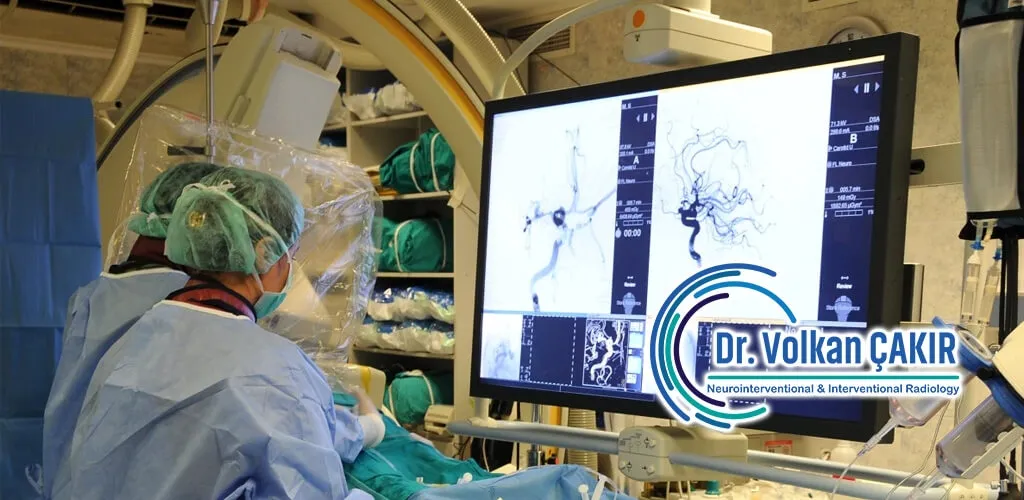What is Interventional Neuroradiology?
Interventional neuroradiology is a medical subfield that covers minimally invasive techniques used in the treatment of diseases of the brain, spinal cord and other nervous system. Interventional neuroradiology uses angiography (DSA), computerized tomography (CT), magnetic resonance imaging (MRI) and other advanced imaging methods to evaluate and treat diseases of the brain and nervous system.
Interventional Neuroradiology Application Areas
This field addresses a range of neurological conditions. With applications such as stroke-causing vascular occlusions, aneurysm (balloon) treatments, treatment of cerebral vascular stenosis, arteriovenous malformations (cerebral vascular tangles, AVM), embolization in tumors, stent placement and other minimally invasive procedures and pain management, interventional neuroradiology offers patients faster and more effective treatment options.
Minimally Invasive Treatments with Interventional Neuroradiology
Interventional neuroradiology offers a number of advantages over traditional surgical interventions. Patients experience less pain, have faster recovery times, and spend less time in the hospital. This allows patients to return to their normal lives more quickly.
Meet an Interventional Neuroradiology Specialist
With state-of-the-art equipment for interventional neuroradiology services, they offer the most effective solutions for brain and nervous system problems. These specialists specialize in treating patients' nervous system disorders with methods that do not require surgical intervention. Interventional neuroradiology can speed up the patient's recovery process, reduce the risk of complications, and improve the patient's quality of life.







